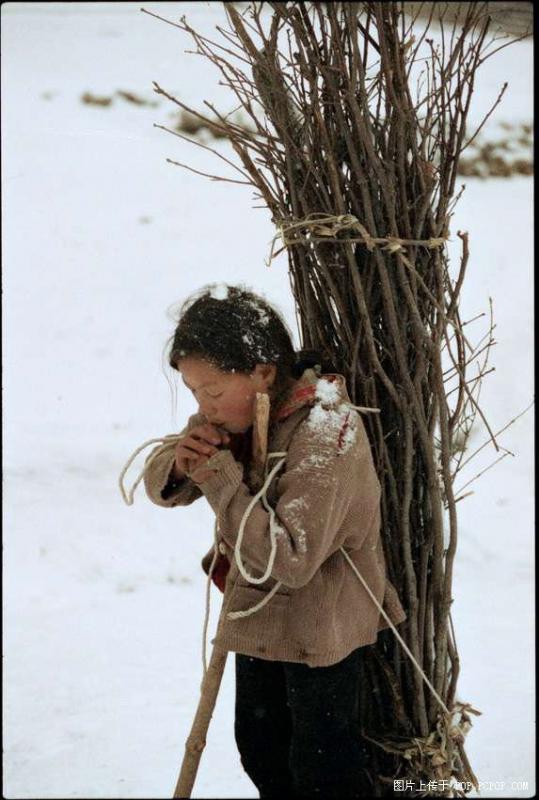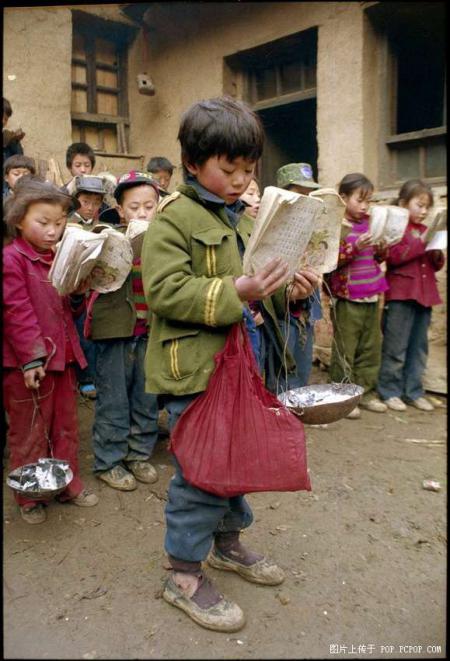Serendip is an independent site partnering with faculty at multiple colleges and universities around the world. Happy exploring!
If she is an insider, what about me?


The feeling of reading Three Guineas seems a little bit awkward for me. Virginia Woolf asked many questions and answered them herself in the book, trying to make her writing more conversational and interactive. However I had a feeling of being excluded by the conversation. As a white woman from higher class, Virginia Woolf sent her invitations to the “outsiders”, yet I feel the ‘outside’ she defined is still the “inside” for most of us who read the book. With priorities of the rich, she could say that poverty, chastity, derision, and freedom from unreal loyalties are “four great teachers of the daughters of educated men”. However, does she really understand what the “outsiders” need and want?
At the same time, I questioned myself: don’t I also try to change the world merely based on my own understanding? I always believe that every girl should know how strong she is and how good she can be. A week ago, one of my plans for this summer was to be a volunteer teacher in rural areas in China, encouraging children living in remote villages to pursue their dreams. But when I saw these pictures on website, I suddenly felt ashamed of myself. How could you make these children “dream”, while they don’t even have enough food to survive? Do they have “rights” to dream when there is almost no “hope” to live? We can sit in the bright classroom, reading Virginia Woolf and talking about feminism, as if our believes were their believes—but how much do we know their needs? Is this selfishness or altruism?
If I blame Virginia Woolf for her identity as an insider, what should I say to myself?



